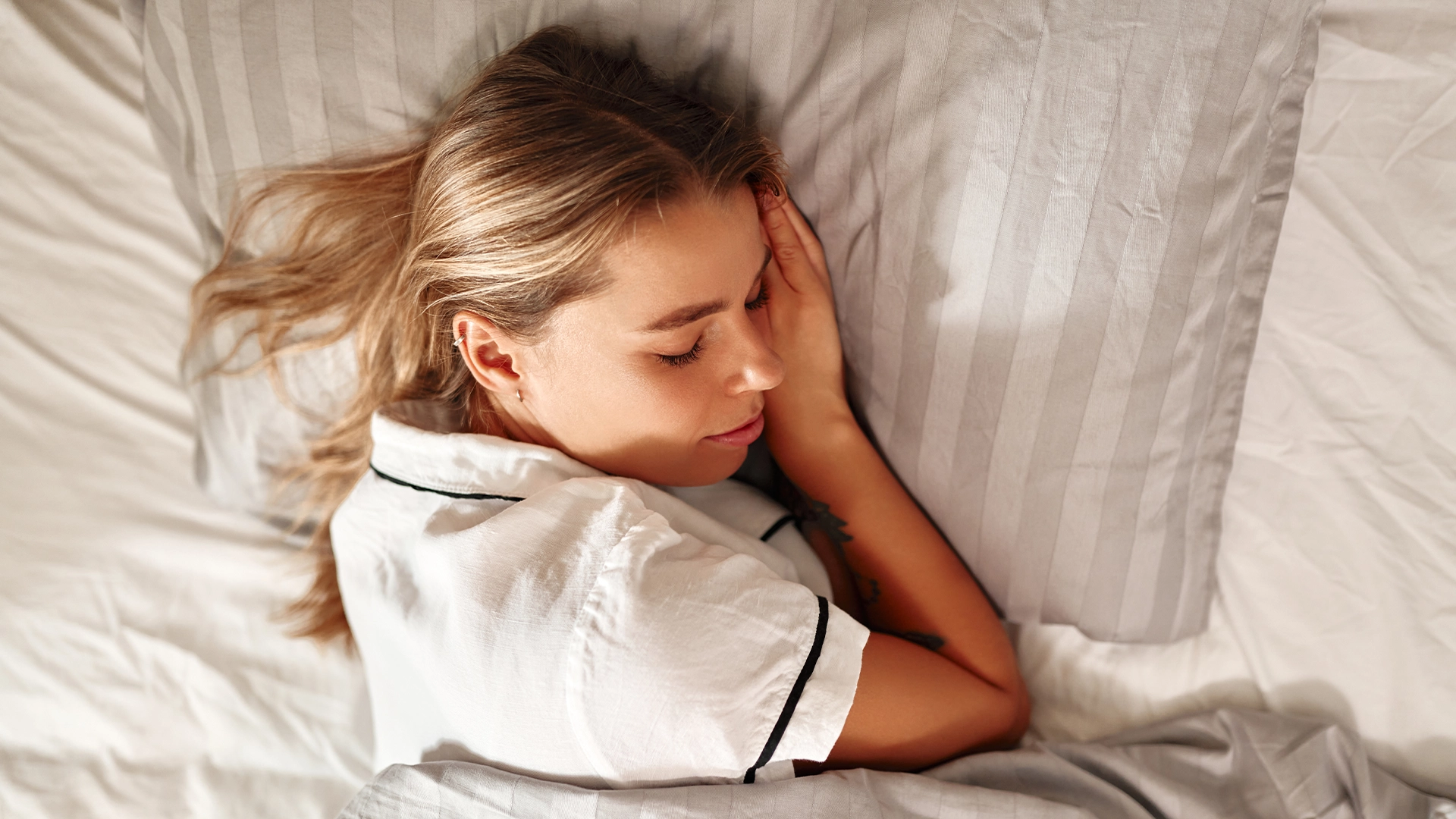Can Vascular Problems Affect My Sleep Cycle?
Sleep is essential for staying healthy. It helps your body rest, repair, and recharge. But sometimes, problems with your vasculature, also called vascular, can affect how well you sleep. Many people don’t realize that poor blood flow can lead to sleep troubles, and poor sleep can also make vascular issues worse.
How do Vascular Problems Affect Sleep?
Vascular issues can cause pain, discomfort, or even changes in brain function that disturb your sleep. Here are some of the ways they can interfere:
- Leg Pain at Night (Especially with PAD)
People with peripheral artery disease often feel pain or cramping in their legs when lying down. This happens because blood flow to the legs drops during rest. The discomfort can wake you up or make it hard to fall asleep.
- Restless Legs Syndrome (RLS)
While not always caused by vascular problems, RLS is more common in people with poor circulation. It causes an urge to move the legs, especially at night, which keeps you from sleeping well.
- Sleep Apnea and High Blood Pressure
Sleep apnea is a condition where breathing stops and starts during sleep. It is linked to high blood pressure and poor blood vessel health. If untreated, sleep apnea can lead to heart disease and stroke. It also causes tiredness and poor focus during the day.
- Swelling in the Legs
When blood doesn’t flow back to the heart properly, people with varicose veins or venous insufficiency may have swollen legs at night. This can cause discomfort, heaviness, or itching that disrupts sleep.
- Stroke and Brain Function
A stroke can affect the part of the brain that controls sleep. People who’ve had a stroke may struggle with falling asleep, staying asleep, or feeling rested in the morning.




